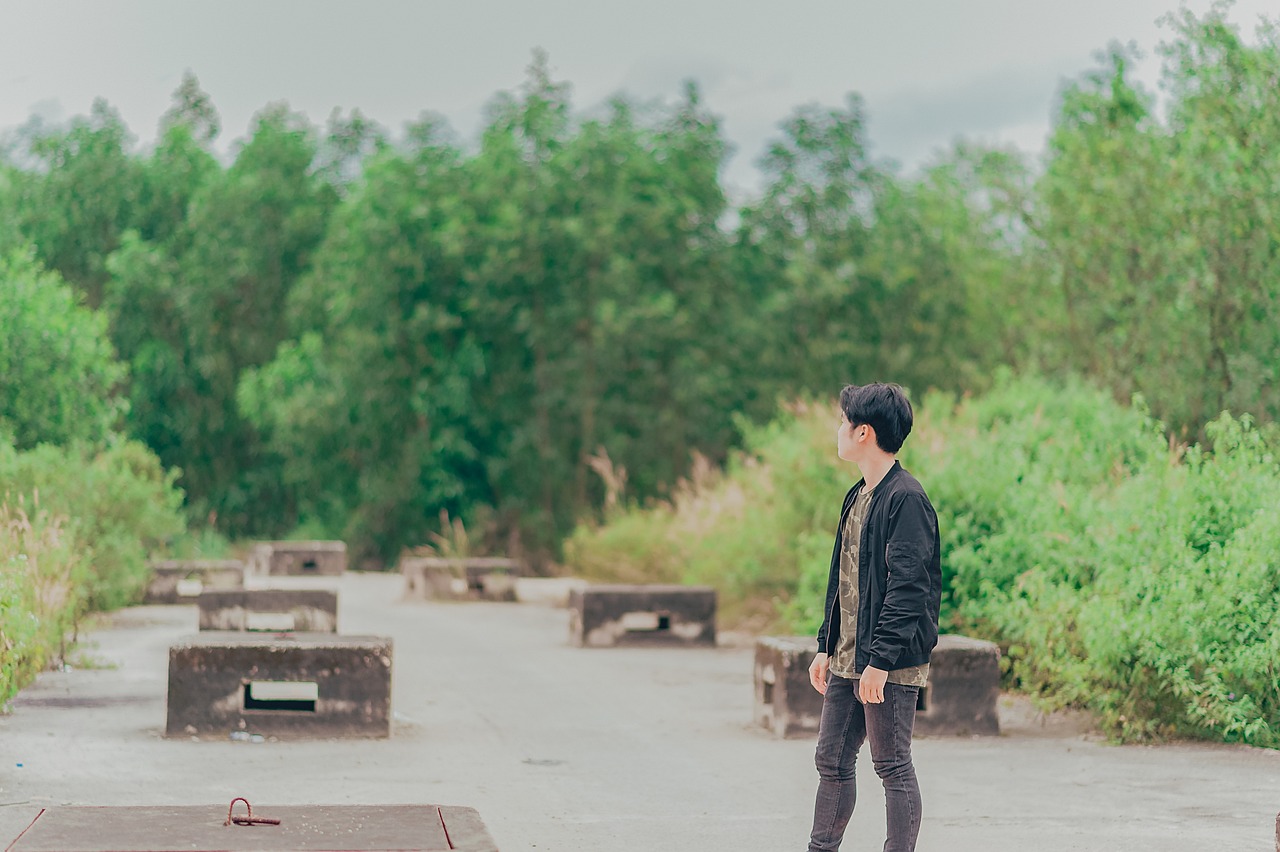Mental Health
Lonely Teens Turn to AI Chatbots for Friendly Connections

lonely child | (Photo : Image by Phan Minh Cuong An from Pixabay)
Loneliness among teenagers is currently prevalent and AI chatbots have become their accessible digital companions, offering them solace and support.
For instance, take Aaron. The 15-year-old from Alberta, Canada, found himself in a dark place after a falling out with friends left him isolated. Turning to his computer, he discovered comfort in an AI chatbot named Psychologist, available round the clock to lend an empathetic ear.
"It's not like a journal, where you're talking to a brick wall," Aaron was quoted as saying by The Verge. "It really responds."
Psychologist represents just one of the AI bots Aaron has encountered since joining Character.AI, a chatbot service initiated in 2022 by two former Google Brain professionals.
Drawing in 3.5 million daily users, the mostly free-to-use platform captivates its audience, with users spending an average of two hours daily interacting with or even crafting the platform's AI-driven chatbots.
Among its array of offerings are popular characters from literature, movies, and games, such as Raiden Shogun from "Genshin Impact" or a youthful rendition of Voldemort from "Harry Potter." Additionally, the platform features playful interpretations of real-life figures, including a witty portrayal of Elon Musk.
While some users find the chatbots helpful for venting or discussing psychological issues in a judgment-free space, others express concerns about the accuracy of the bots' responses, particularly when it comes to mental health diagnoses.
Despite the potential risks, research suggests that AI chatbots can provide benefits in lessening feelings of depression and anxiety, but their limitations must be understood.
For teenagers like Aaron, interacting with chatbots offers a safe space to express themselves and explore their identities.
"A lot of people my age follow their friends and don't have many things to talk about. Usually, it's gossip or repeating jokes they saw online," Aaron explained. "Character.AI could really help people discover themselves."
"Sometimes it's nice to vent or blow off steam to something that's kind of human-like," echoed Hawk, a 17-year-old Character.AI user from Idaho. "But not actually a person, if that makes sense."
However, there's a growing concern about the impact on real-life social interactions. Dr. Kelly Merrill Jr., an assistant professor at the University of Cincinnati, warns of the potential negative effects if teenagers become more emotionally reliant on bots, hindering their ability to form relationships offline.
"It can be very difficult to leave that [AI] relationship and then go in-person, face-to-face and try to interact with someone in the same exact way," he said. "Young people could be pulled back toward AI, build even more relationships [with it], and then it further negatively affects how they perceive face-to-face or in-person interaction."
While some view AI chatbots as a harmless form of entertainment, others worry about their influence on social development. As Aaron reflects on his experience with the Psychologist bot, he acknowledges its role in helping him through tough times but emphasizes the importance of real-life connections.
"If everyone could learn that it's okay to express what you feel," Aaron said, "then I think teens wouldn't be so depressed."








Join the Conversation